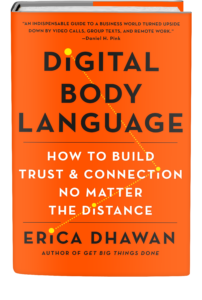Conan O’Brien’s commencement speech at Dartmouth is excellent, humorous, and heartfelt, check it out!
“It is our failure to become our perceived ideal that ultimately defines us and makes us unique. It’s not easy, but if you accept your misfortune and handle it right, your perceived failure can be a catalyst for profound re-invention.” (via dumplingboy)
[youtube http://www.youtube.com/watch?v=ELC_e2QBQMk&w=560&h=349]